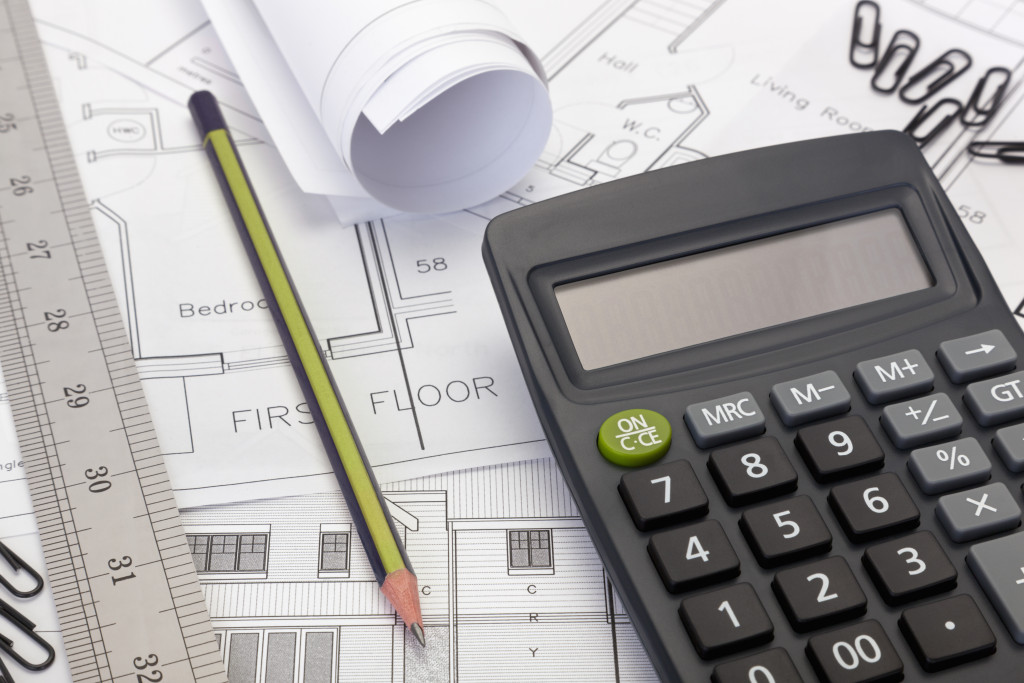Home improvement projects can be a big undertaking. You want to ensure the finished product is something you’re proud of, which will stand the test of time—not something that falls apart a few months later. So, what does it take to complete a professional home improvement project? Here are three things to keep in mind.
The right tools for the job
You wouldn’t try to fix your car with a hammer, and you shouldn’t try to fix your roof with a screwdriver. Having the right tools is essential for any home improvement project. When it comes to construction, there are certain tools you just can’t do without. Make sure you have (or can rent) the following before you get started:
- A ladder
- Basic hand tools like a hammer, screwdriver, and measuring tape
- Power tools like a drill, circular saw, and jigsaw
- Safety equipment like goggles, gloves, and ear protection
If you don’t have all the necessary tools on hand, your project will take twice as long and likely won’t turn out as well as it could have. Not to mention, you could put yourself in danger by using the wrong tool for the job.
Instead, do your research ahead of time and invest in the right tools. You’ll be glad you did when your project turns out exactly as planned. You can also cut down your budget for professional home improvement services by having the right tools yourself.
A detailed plan
Once you have all the right tools, you need to know how to use them—and that starts with having a plan. Trying to wing it might work for some small projects around the house, but if you’re tackling something bigger, you need to know exactly what steps you need to take before you start. This means having detailed drawings or blueprints of the finished product so you can visualize what needs to be done every step of the way. It also means having a realistic timeline; rushing a job will only lead to mistakes being made.
When trying to make a timeline, you should consider how long each individual task will take and how much time you can realistically dedicate to working on the project. If you have a busy week ahead, for example, you might want to put your project on hold until things settle down. On the other hand, if you have a light week, you might be able to get ahead of schedule. No matter how big or small your project is, taking the time to plan it out in detail beforehand will save you a lot of headaches down the road.

If you are having trouble planning a construction project, you should consider hiring a reliable virtual assistant for construction companies. A virtual assistant can help you with everything from creating a budget to finding the right contractors for the job. They can also help you stay on schedule by keeping track of your progress and reminding you of deadlines.
A little help from professionals
Speaking of professionals, sometimes it’s worth it to hire someone with experience when taking on a home improvement project—especially if it’s something structural or complicated like electrical work or plumbing. These are jobs that require special certifications or licenses, so unless you happen to have those yourself, it’s best not to tackle them alone (trust us—you don’t want to end up in over your head). In addition to hiring licensed professionals, there’s nothing wrong with asking for help from friends or family members. Some of them might be more experienced than you are; even if they can’t do the job themselves, they may be able to offer advice or lend a helping hand when needed.
Here are some professionals you can ask for help from:
- A licensed electrician: If you’re doing any electrical wiring work, you must ensure it’s done correctly to avoid accidents.
- A licensed plumber: If your project includes any plumbing, hire a professional to do it. Trying to do it yourself could lead to serious (and costly) water damage.
- A general contractor: If you’re unsure of how to proceed with your project or you need help coordinating different tradespeople, consider hiring a general contractor.
- An architect: If you’re planning any major changes to your home’s structure, an architect can help you design and plan them.
- A home inspector: Before you start any demolition or construction, it’s a good idea to have a home inspector come and check things out to make sure the work won’t damage any existing systems in your home.
- A designer: If you need help picking out finishes or planning the layout of your space, a designer can offer some valuable insights.
Making changes to your home can be a big undertaking. Still, with the right preparation, it can be a fun and rewarding experience. By taking the time to gather the right tools and create a detailed plan, you’ll put yourself in a good position to complete your project successfully.
